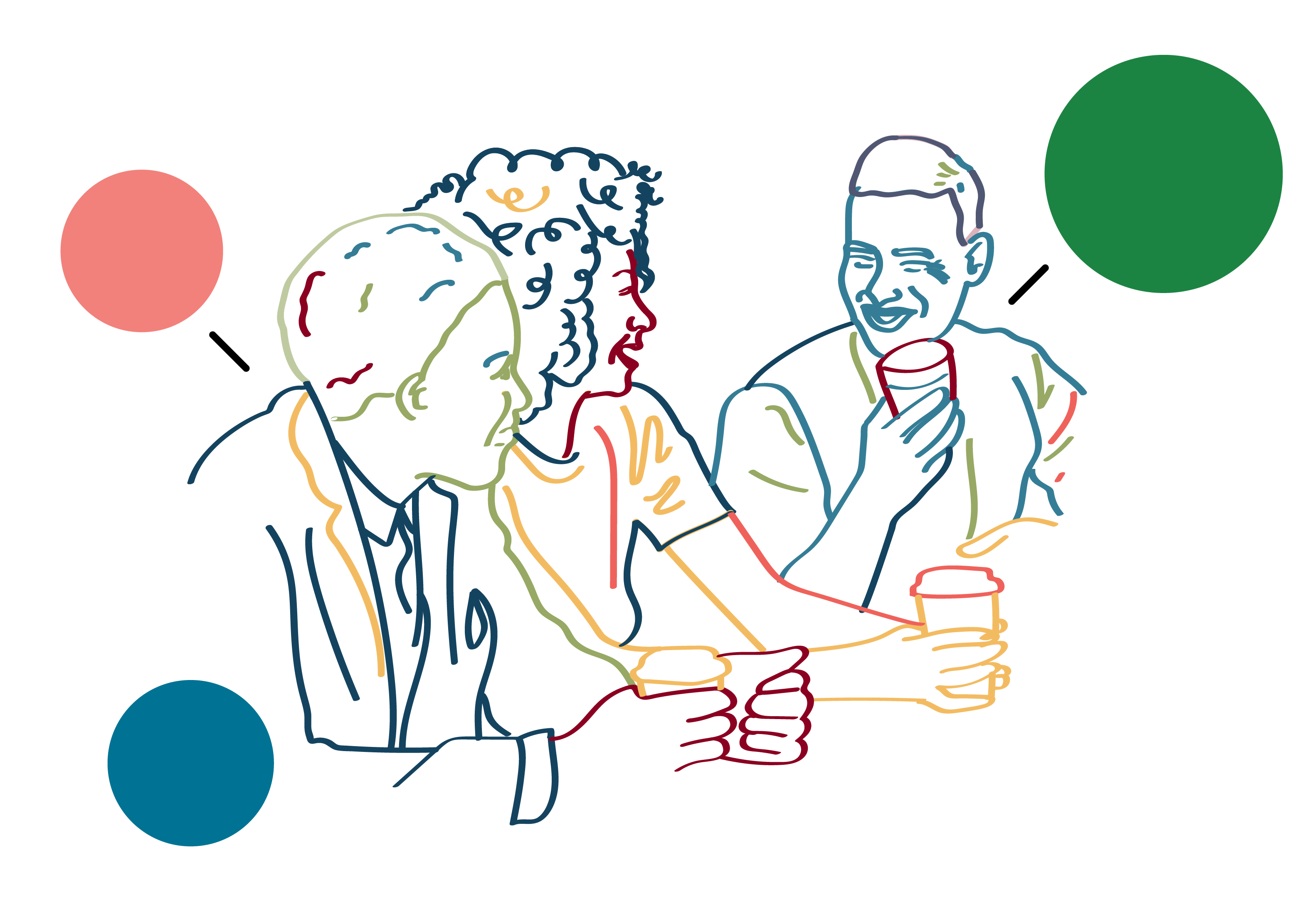Cancer Health Disparities
Equal access; better outcomes
Black people carry a heavier cancer burden than any other group. This is just as true on Chicago’s South Side, where residents are diagnosed with cancer at twice the rate of the broader population.

Health disparities arise from factors far beyond the purview of traditional oncology—but our faculty see them as priority targets for improving patient outcomes. UChicago is leading research into community- and policy-level interventions that can be applied by cancer centers worldwide.

Screening, detection, and prevention
Preventative strategies and effective screening regimens offer two of the most successful methods for decreasing cancer death rates. UChicago oncologists are partnering with social workers, policy researchers, statisticians, and others to bring proven scientific methods to our communities in accessible ways.
Better clinical research
Minority groups are far less likely to be included in clinical trials. This leads to incomplete data sets, less effective clinical guidelines, and slower scientific progress. One critical way to reduce cancer health disparities is to make clinical trials more representative of all patients. UChicago’s location and connection to the South Side community provide a platform for improving access to clinical research that contributes to evidence-based treatments for all cancer patients.
Black men in the US are 1.5 times more likely to develop prostate cancer and 2.2 times more likely to die from it than their white neighbors—yet they make up less than 3 percent of clinical trial participants for the disease.
HEALTH DISPARITIES
Study addresses cancer health disparities
‘Stand Up To Cancer’ grant aims to improve minority participation in clinical trials.

To Learn More About Philanthropic Support, Contact:

